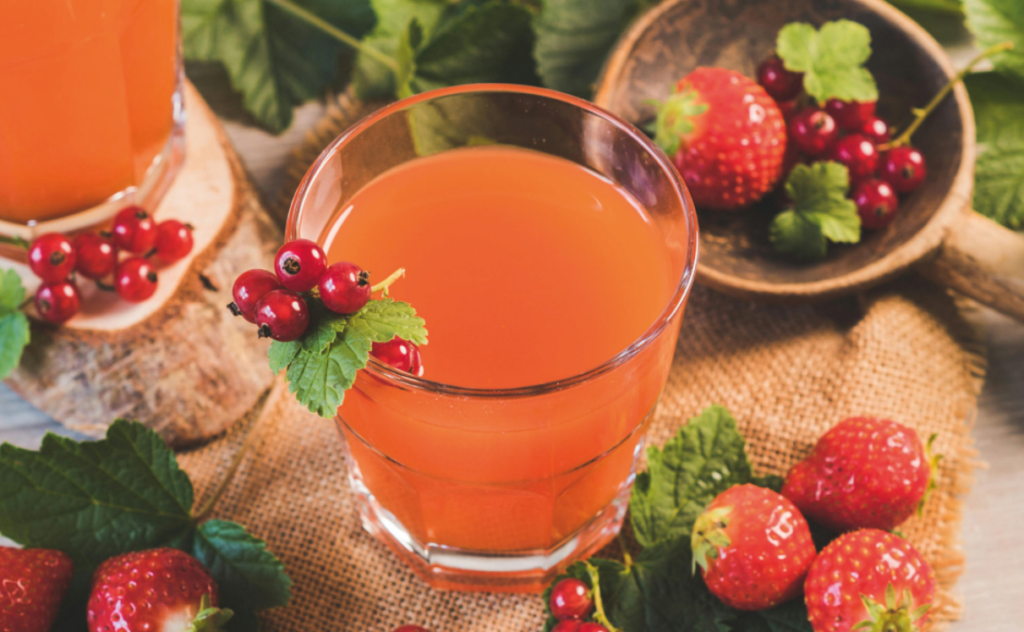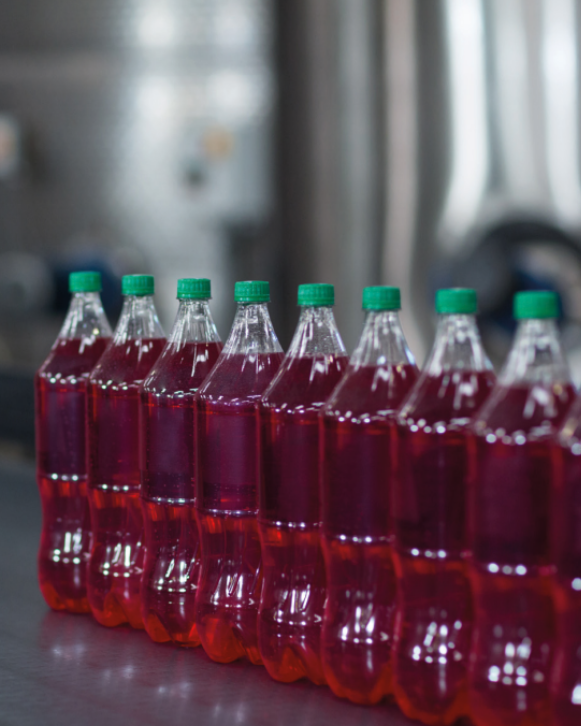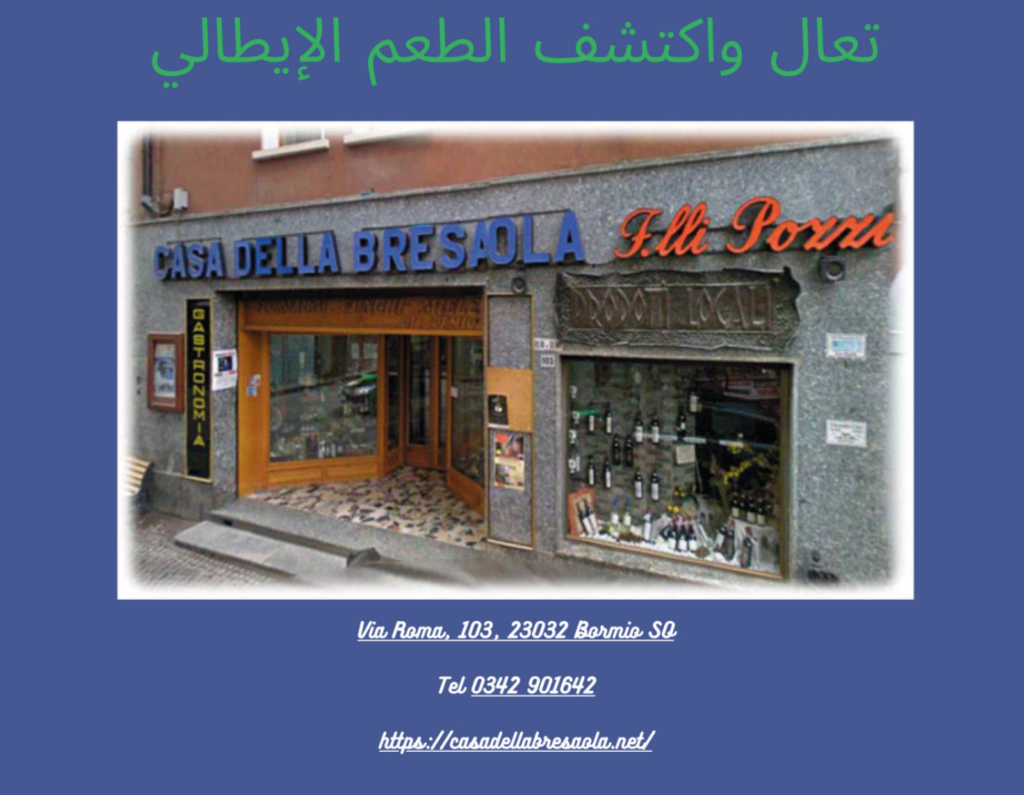The non-alcoholic beverage market is experiencing significant momentum, driven by growing consumer awareness of health and wellness.

In the Middle East, where beverages play a central role in hospitality and consumer culture, this transformation is particularly noteworthy. The demand for innovative, healthy, and sustainable products is pushing producers to explore new frontiers, both in formulations and packaging technologies.
One of the most prominent trends is the rise of functional waters enriched with vitamins, minerals, and other bioactive ingredients.
These beverages, designed to offer specific benefits such as enhanced hydration, immune support, or muscle recovery, are rapidly capturing a significant market share. Thanks to technologies like nanoemulsion, producers can incorporate difficult-to-solubilize ingredients, ensuring optimal absorption by the body. Plant-based alternatives are also expanding at an unprecedented rate.


Beverages made from almond, coconut, or oat milk are increasingly popular not only among vegan consumers but also among those seeking lighter and more digestible options compared to traditional milk. These products are often fortified with calcium and vitamins, meeting the nutritional needs of diverse population groups.
Another growing trend is beverages made from fresh fruits and vegetables, often presented in unique combinations with the addition of local spices like ginger, cardamom, or turmeric. These ingredients not only enhance flavor but also offer health benefits that align with the cultural preferences of the Middle Eastern market. Cold processing and high-pressure pasteurization technologies are increasingly used to preserve the nutrients and original taste of the ingredients.

Sustainability is a crucial aspect producers cannot ignore. The adoption of recyclable or biodegradable packaging materials is becoming standard, as is the optimization of production processes to reduce energy and water consumption. In a region where resource availability is limited, these practices are not just an ethical choice but also a strategic necessity.
Finally, innovative packaging plays a fundamental role in the success of these beverages. Eye-catching designs, lightweight and convenient containers for on-the-go consumption are key elements for attracting consumers and standing out in an increasingly crowded market. Producers leveraging technologies like interactive QR codes can also provide consumers with detailed information about the supply chain and ingredients, increasing trust and transparency.
The non-alcoholic beverage sector in the Middle East represents an extraordinary opportunity for producers capable of combining innovation, health, and sustainability.
With a market in constant evolution, investing in products that meet the needs of an increasingly attentive and diverse audience is the key to lasting success.

